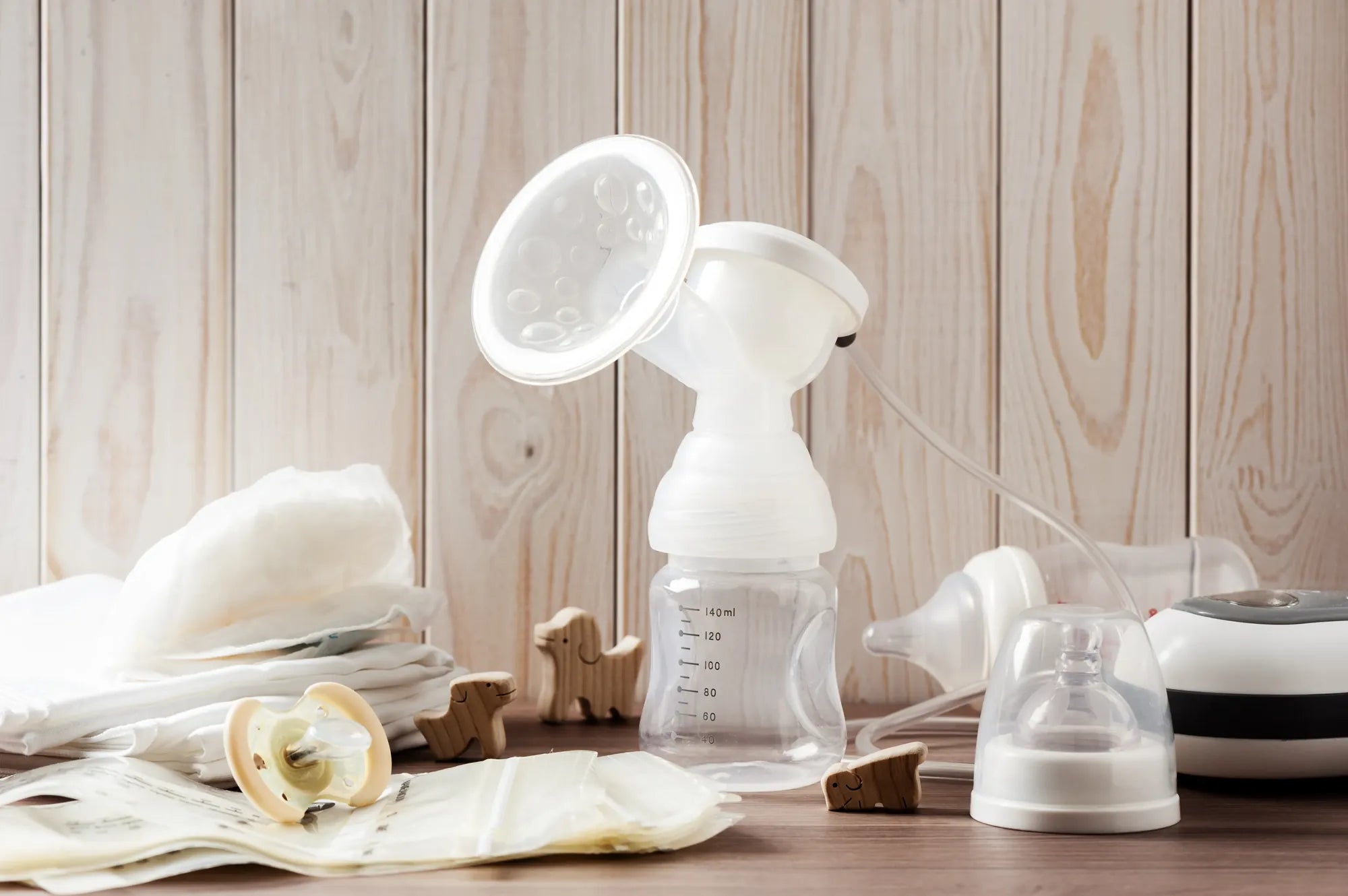Home
Pregnancy, Breastfeeding, and Pumping: The Ultimate Guide for Moms
Is Pumping Breast Milk Bad? Exploring the Facts and Myths

Is Pumping Breast Milk Bad? Exploring the Facts and Myths
Pumping breast milk has become an essential part of many mothers' lives, whether they're returning to work, managing low milk supply, or simply seeking flexibility. But with its growing popularity, questions arise: Is pumping breast milk bad? Does it affect milk quality or the bond between mother and baby? Let's explore the facts and dispel the myths to help you navigate this important aspect of breastfeeding.
The Benefits of Pumping Breast Milk
Pumping breast milk offers numerous advantages for both mothers and babies. For mothers, it provides the flexibility to maintain milk supply while managing other responsibilities, such as work or personal commitments. It also allows partners or caregivers to participate in feeding, fostering a sense of involvement and bonding. For babies, pumped milk retains the nutritional and immunological benefits of direct breastfeeding, ensuring they receive the best possible nourishment.
Common Concerns About Pumping Breast Milk
Despite its benefits, some mothers worry about the potential downsides of pumping. One common concern is whether pumping can reduce milk supply. While improper pumping techniques or infrequent sessions might impact supply, regular and effective pumping can actually help maintain or even increase milk production. Another concern is the potential for contamination or loss of nutrients during storage. However, with proper hygiene and storage practices, pumped milk remains safe and nutritious for your baby.
Myths Surrounding Pumping Breast Milk
Several myths about pumping breast milk persist, causing unnecessary anxiety for mothers. One such myth is that pumping is less effective than direct breastfeeding. In reality, pumping can be just as effective when done correctly and consistently. Another myth is that pumping can harm the mother's health. While some mothers may experience discomfort or fatigue, these issues are typically manageable with the right equipment and techniques.
Tips for Effective and Safe Pumping
To maximize the benefits of pumping breast milk, it's essential to follow best practices. First, choose a high-quality pump that suits your needs and ensures comfort. Second, establish a consistent pumping schedule to maintain milk supply. Third, practice proper hygiene by washing your hands and sterilizing pump parts before each use. Finally, store milk in clean, airtight containers and follow recommended guidelines for refrigeration or freezing.
When Pumping Breast Milk Might Not Be Ideal
While pumping is beneficial for many mothers, there are situations where it might not be the best option. For instance, mothers with certain medical conditions or those taking specific medications should consult their healthcare provider before pumping. Additionally, some babies may struggle to transition between breast and bottle, requiring patience and experimentation to find a feeding routine that works for both mother and baby.
The Emotional Impact of Pumping Breast Milk
Pumping breast milk can have emotional implications for mothers. Some feel empowered by the ability to provide milk for their babies despite challenges, while others may experience stress or frustration. It's important to acknowledge these feelings and seek support from loved ones, lactation consultants, or support groups. Remember, every mother's journey is unique, and there's no one-size-fits-all approach to breastfeeding.
Is pumping breast milk bad? The answer depends on your individual circumstances and how you approach it. With the right knowledge, tools, and support, pumping can be a positive and empowering experience. Whether you're a working mom, a stay-at-home parent, or somewhere in between, pumping breast milk can help you provide the best for your baby while maintaining your own well-being. So, embrace the journey, and don't hesitate to seek guidance when needed.
Share

